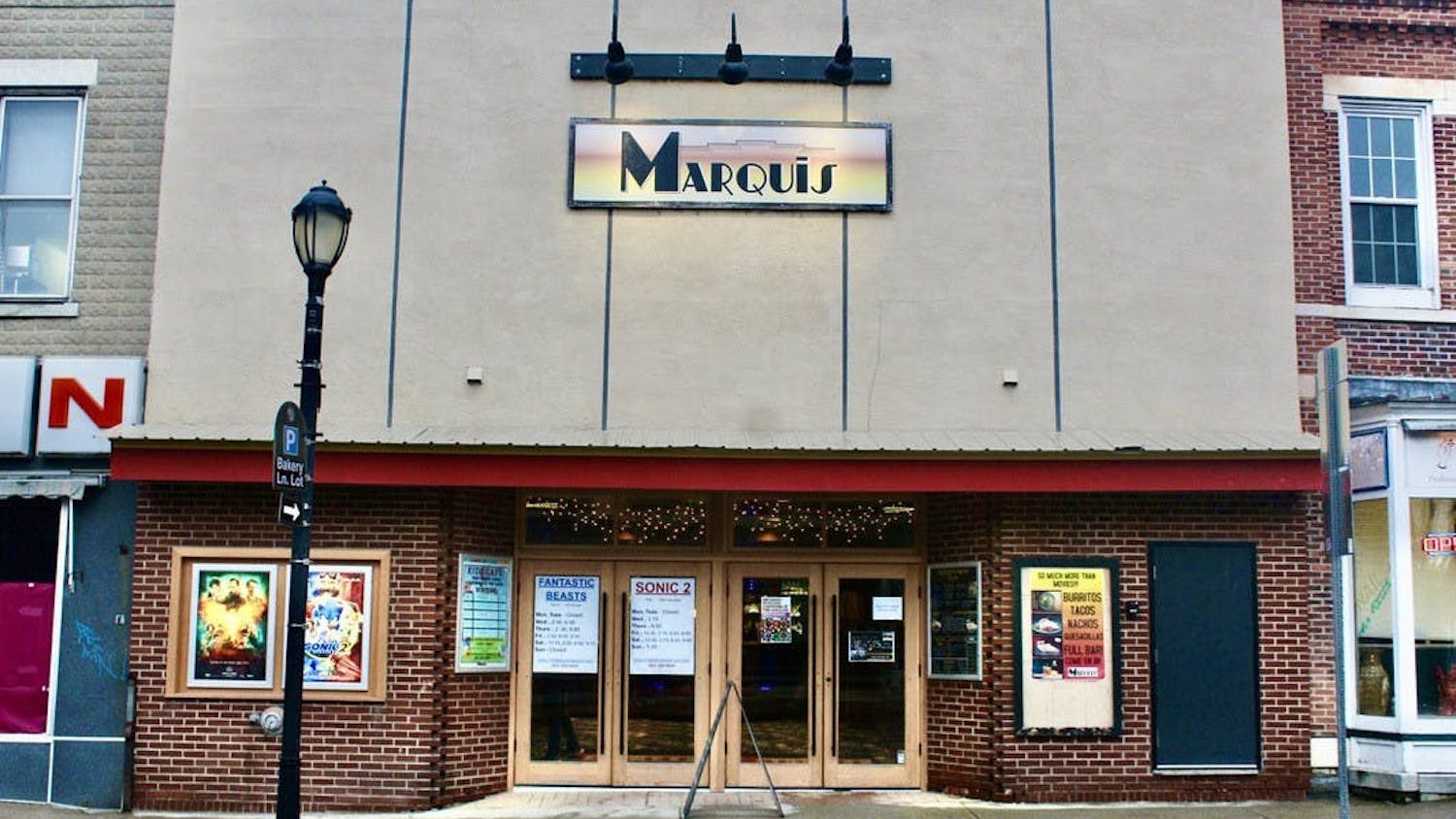On Oct. 1, the Vermont Health Exchanges, the first of many sweeping health care reforms designed to propel the state towards a single-payer system, took effect. Green Mountain Care, the state-run insurance pool, will work collectively to distribute and manage funds from members by conglomerating the premiums from a variety of plans.
The Affordable Care Act, colloquially known as Obamacare, requires that all citizens be insured by the start of 2014. Full penalties, taking effect in 2016, requires that those who choose to remain uninsured pay a fine.
The fine varies by income, as well as by the number of dependents in a given household, but cannot exceed eight percent of a citizen’s income. The revenue generated will help to subsidize the costs of emergency care provided to uninsured patients.
Approved in the wake of national reforms, Vermont’s progressive single-payer model will be the first of its kind in the United States. The exchanges that open this fall will offer competitive rates, increased transparency and will focus on making premiums available to middle and lower income citizens who were unable to afford them before.
According to their website, the exchange will offer a variety of plans, such as Vermont Health Access Plan (VHAP), Catamount Health and Dr. Dynasaur, a program designed to offer “low-cost or free health coverage for children, teenagers under age 18 and pregnant women.”
Private insurance companies will continue to operate in Vermont alongside the public exchanges, in a health care system comparable to that of Canada or Australia.
Since Obama signed the Affordable Care Act into law three years ago, Vermont has consistently ranked in the top healthiest states. In 2012, the United Health Foundation ranked Vermont as the healthiest state in the nation.
Emily Yahr, Education and Outreach Manager at the Vermont Health Benefit Exchange, said that Vermont’s success in the past will act as blueprint for successful future reform.
“What helps us [in Vermont] is we do have a tradition of health reform, by implementing insurance plans that have helped,” said Yahr. “Moving forward, because of that tradition, we’ll be successful here.”
Yahr doesn’t foresee the transition from private to public-based insurance having a detrimental effect, primarily because of the high percentage of coverage in Vermont.
“We already have a really low uninsured rate here in Vermont,” said Yahr. “It’s about 10.1 percent, and that’s the second lowest in the nation.”
However, a more contentious aspect of the legislation will be its effect on small businesses, which represent approximately 96 percent of all employers and 60 percent of employees in Vermont’s private sector.
“Small businesses can take one of two roads,” said Yahr. “They can either contribute to their employees costs, which about half of them do today, or they can let their employees go on their own.”
While the majority of Americans supported some sort of healthcare reform in the nation, there have been mixed responses to the changes this legislation will implement in Vermont.
Vicki Mckewen, a thirty-year-old grade school teacher in Vermont was initially unsure as to whether or not she supported the reform.
“When I was unemployed I was on the Vermont health care, which is great,” Mckewen said. “If that will change significantly for people, I think it might have a negative impact.” Still, she admired legislators efforts. “I think it’s wonderful that finally a president is doing what they say. Trying to get a system in place. Trying to make a change.”
Patrick Choi, a resident of Middlebury, agrees with Mckewen. “My parents are upper-middle class, so it wouldn’t really help us per se, but I think for the overall public, it’s something that’s very necessary,” Choi said.
Still, others view the reform as too radical. Roland Toledo, a 68-year-old town resident, is skeptical of the new legislation.
“[This is] not the solution,” Toledo said. “We do need a solution. But it’s not going to be driven this way, it’s going to be driven through health savings accounts, personal responsibility, and [holding] every single American responsible for their own health care and their own premiums. Then you would reduce costs.”
Others believe that this concern is shortsighted, and that the long-term benefits of such a system far outweigh any shorter financial concerns.
Gregory Dennis cited his experience with Medicare, signed into law by President Johnson in 1965.
“I’m old enough to remember when Medicare came in during the 60s,” Dennis said. “My dad was a small town doctor. He was against Medicare, and all the doctors were against Medicare, and now it’s been a huge safety net, and it’s a big piece of Doctor’s incomes. I’ve seen this movie before.”
When asked whether she thought the influx of new patients would put a strain on health care professionals, however, Yahr remained optimistic.
“We think that the uninsured rate will go down slowly in the next few years. I don’t think it’s going be a big shock where we have no one insured, and suddenly we have 50,000 more people looking for doctors. There’ll be some time for transition,” Yahr said.
The debate rages between those in favor of and those opposing healthcare reform. But as Grant, a 62 year old resident expressed, “I think that there are a lot of uninsured people that deserve help.”
The exchanges hope to provide it.
Vermont Implements New Healthcare
Comments



